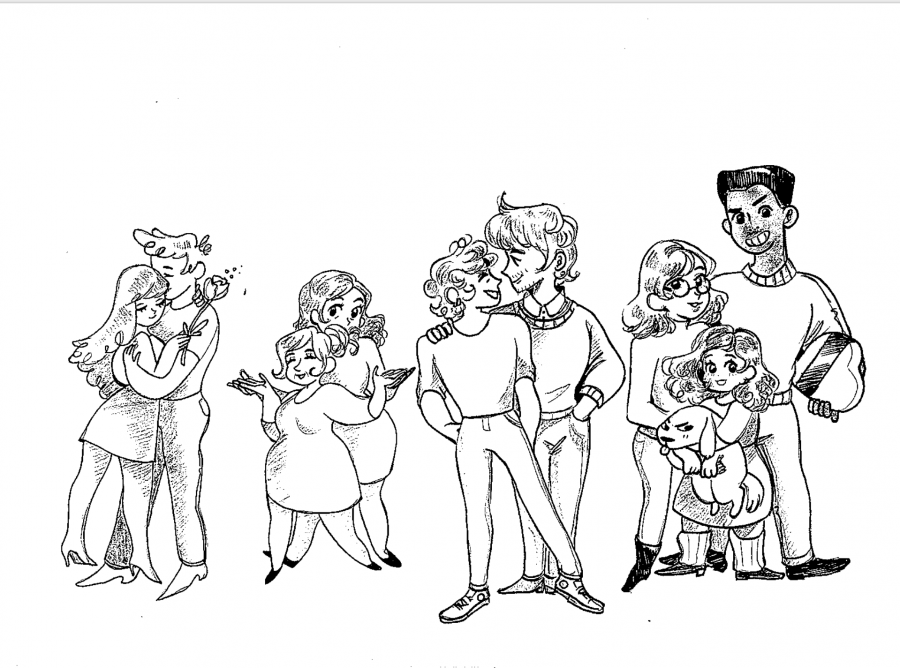By Haley Costen
Staff Writer
Everyone loves a good underdog story. We love to watch people overcome obstacles and rise above physical and mental challenges. This is surely part of the reason why films featuring characters with disabilities are so acclaimed in Hollywood. “Forrest Gump,” “Rain Man,” “Ray,” “Silver Linings Playbook,” and “The Scent of a Woman” are just a few examples of Academy Award-winning films that depict people with disabilities.
Most recently, Eddie Redmayne and Julianne Moore won Oscars for their portrayals of people suffering from ALS and Alzheimer’s, respectively. While both actors deserve accolades for their performances, Hollywood is severely lacking in its inclusivity to people who actually have disabilities.
Not only that, but entertainers who openly have disabilities are often stigmatized.
Hollywood has long benefitted from the portrayal of disabilities on the screen, but continually neglects, or worse, ostracizes and berates those who do live with disabilities.
Take, for instance, the 1999 film “Girl, Interrupted,” in which Angelina Jolie portrays a character suffering from mental illness. Jolie’s performance earned her a Golden Globe and an Oscar and the film received much praise from critics.
Yet when child star Amanda Bynes was rumored to have been diagnosed with bipolar disorder —Bynes tweeted it and later deleted the statement—the public and media were hardly kind, with sites like TMZ calling her “disturbing” and poking fun at her stays at psychiatric hospitals. It seems that Hollywood loves to see gritty emotional portrayals of mental disabilities, but has little empathy for those actually suffering from them.
Not only does the entertainment industry actively treat disabilities with stigma, it also tends to ignore the real people who live with them. I can only think of one production that featured an actor who actually suffers from the disability depicted on screen: “Breaking Bad.”
The show’s R.J. Mitte actually has the condition cerebral palsy, which his character Flynn has on the show. Television in particular seem to love to cash in on disabilities, sometimes using them in a major story arc or as a plot device, yet they exclude those who actually live with the disability depicted onscreen.
Surely it can’t be that hard to find an actor who actually uses a wheelchair, right?
Apparently it is.
Just look at “Friday Night Lights,” “Glee,” “Degrassi” and the dozens of other shows that feature characters with physical disabilities played by people who don’t have them.
I think it’s about time that the entertainment industry stops cashing in on stories about disabilities while continuing to ignore or stigmatize those who have them.
The few actors with disabilities that have been “accepted”—only Michael J. Fox and R.J. Mitte come to mind—are not enough to make it an inclusive industry. There could be thousands of actors with mental and physical disabilities that would be incredible performers if a director and an audience just gave them a chance.
“It’s like the Globe Theater, dressing men up as women. It stings,” Katie Rose Guest Pyral, writer and law professor, writes on her blog on the issue.
“It’s also getting old.”





















